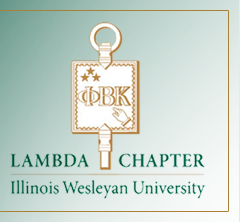Rice Terrace Degradation in Ifugao: Causation and Cultural Preservation
Graduation Year
2019
Abstract
The Cordilleran rice terraces of Northern Luzon, Philippines, are a testament to Filipino ingenuity and remain an important social-ecological system within highland indigenous communities. Ifugao, one of six Cordillera Administrative Region (CAR) provinces, is best known for its expansive and World Heritage Site recognized rice terraces, and has been a popular tourist destination in the Philippines for the past twenty years. According to local rice farmers, though, the terraces in Ifugao are quickly becoming degraded, as a series of external and internal factors have placed pressure on the indigenous community. Drawing from anthropological, ecological, and historical sources, I examine the history and current state of the Ifugao rice terraces. I analyze the effects of tourism and rural out-migration to pinpoint the root causes of terrace degradation, examining Ifugao traditional knowledge (TK) alongside Western values of productivity and industry. Ultimately, I find that the best path forward in ending terrace degradation requires both Ifugao and Western thought, and I argue that the commodification of heirloom rice varieties in Ifugao best embodies this framework. I further argue that IRRI's HRP has the funding and framework to successfully and sustainably commodify heirloom rice, assuming that IRRI employs community-driven development (CDD).
Recommended Citation
Negro, Chaepter
(2019)
"Rice Terrace Degradation in Ifugao: Causation and Cultural Preservation,"
CrissCross: Vol. 7:
Iss.
1, Article 3.
Available at:
https://digitalcommons.iwu.edu/crisscross/vol7/iss1/3


Comments
Mr. Negro's paper was awarded University Honors.